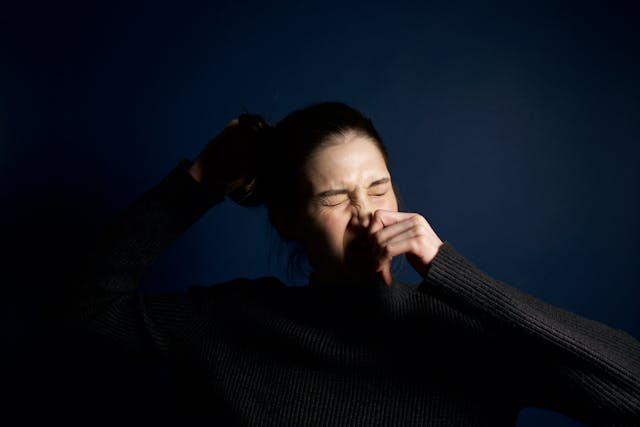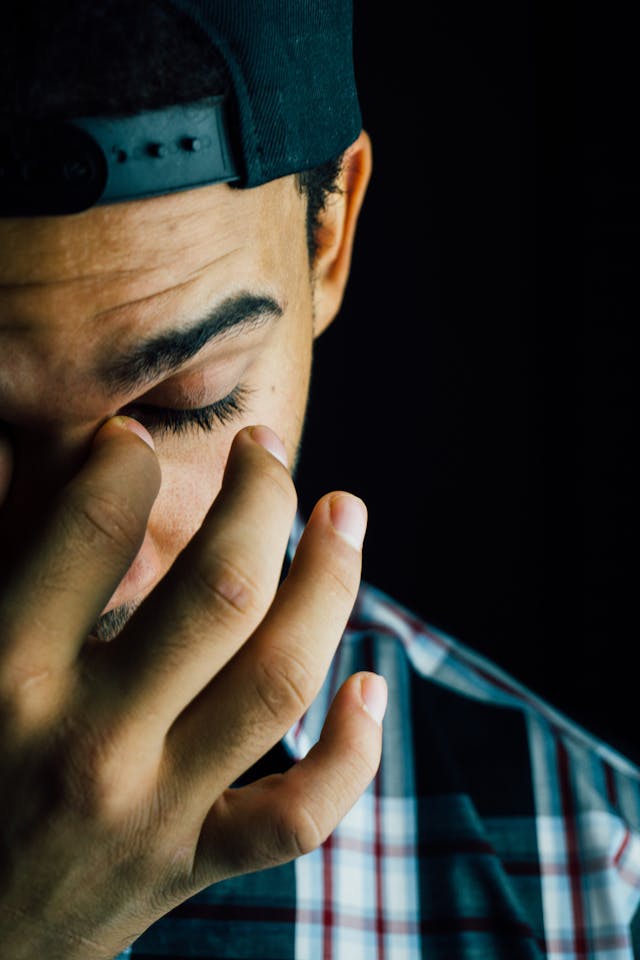Monthly Archives: September 2024
Tips for Living with Severe Allergies
Living with severe allergies can be a daily challenge, but with proactive management, you can significantly improve your quality of life. This blog post offers practical tips to help you minimize exposure to allergens and effectively control symptoms. Whether you suffer from seasonal allergies, food sensitivities, or other allergic conditions, these strategies can make a meaningful difference in your well-being.

1. Identify and Avoid Triggers
Identify your specific allergens through testing and avoid them whenever possible. This includes food allergens, environmental triggers, and pet dander.
2. Create an Allergy-Free Home
Keep your home clean and allergen-free by using air purifiers, vacuuming regularly with a HEPA filter vacuum, and using hypoallergenic bedding. Control humidity levels to prevent mold growth.
3. Follow a Medication Plan
Work with your allergist to develop a medication plan that includes daily maintenance medications and emergency treatments like epinephrine auto-injectors.
4. Wear a Medical ID
Wear a medical ID bracelet that lists your allergies. This can be crucial in emergencies when you might not be able to communicate.
5. Plan for Eating Out
When dining out, inform the restaurant staff about your allergies and ask detailed questions about food preparation. Consider carrying allergy cards that clearly state your allergies.
6. Regular Medical Checkups
Regular visits to your allergist are important for monitoring your condition and adjusting your treatment plan as needed.
7. Emergency Preparedness
Always have an emergency action plan in place, including knowing the location of the nearest hospital and having quick access to emergency medications.
Tips for Living with Severe Allergies: Conclusion
While living with severe allergies can be demanding, remember that effective management is possible. By following the tips outlined in this blog post, you can take control of your symptoms, reduce exposure to allergens, and enjoy a higher quality of life. Remember to consult with a healthcare professional for personalized advice and support. With the right strategies in place, you can thrive despite your allergies.
For personalized advice and comprehensive allergy management, contact Dr. Boyan Hadjiev at Allergy, Asthma and Sinusitis P.C. Our dedicated team is here to help you live comfortably with severe allergies.
Contact Information
Allergy, Asthma and Sinusitis P.C
Boyan Hadjiev, MD
30 East 40th Street
New York, NY 10016
212-319-5282
Understanding Food Allergies
 Food allergies are immune system responses to certain foods that the body mistakenly identifies as harmful. These reactions can range from mild to severe and can affect various parts of the body. Here’s what you need to know:
Food allergies are immune system responses to certain foods that the body mistakenly identifies as harmful. These reactions can range from mild to severe and can affect various parts of the body. Here’s what you need to know:
Understanding Food Allergies
1. Common Allergens
The most common food allergens, often referred to as the “Big Eight,” include milk, eggs, peanuts, tree nuts, soy, wheat, fish, and shellfish. These foods account for the majority of allergic reactions.
2. Symptoms
Symptoms of food allergies can vary widely and may include hives, swelling, stomach pain, vomiting, diarrhea, respiratory issues, and anaphylaxis—a severe, potentially life-threatening reaction. Symptoms usually appear within minutes to a few hours after consuming the allergen.
3. Diagnosis
Diagnosing food allergies typically involves a combination of medical history, dietary review, skin prick tests, blood tests, and oral food challenges. An allergist will evaluate these results to confirm the allergy.
4. Managing Food Allergies
The primary way to manage food allergies is strict avoidance of the allergen. This requires careful reading of food labels, awareness of cross-contamination risks, and clear communication with restaurants and food preparers. In case of accidental exposure, individuals should have an emergency action plan, which includes carrying epinephrine auto-injectors.
5. Living with Food Allergies
Living with food allergies involves being proactive and prepared. It’s important to educate family, friends, and caregivers about the allergy and how to recognize and respond to symptoms. Joining support groups and staying informed about new treatments and research can also help.
Understanding Food Allergies: Conclusion
Understanding and managing food allergies is crucial for ensuring safety and maintaining quality of life. By knowing common allergens, recognizing symptoms, and having a solid management plan, individuals with food allergies can effectively navigate their daily lives.
For comprehensive food allergy diagnosis and management, contact Dr. Boyan Hadjiev at Allergy, Asthma and Sinusitis P.C. Our team is committed to providing expert care and personalized treatment plans.
Boyan Hadjiev, MD
212-319-5282
Serving all of New York City and the Tri State Area including Zip Codes: Top Allergist NYC Midtown, Chelsea and Clinton: 10001, 10011, 10018, 10019, 10020, 10036 | Gramercy Park and Murray Hill: 10010, 10016, 10017, 10022 | Greenwich Village and Soho: 10012, 10013, 10014 | Lower Manhattan: 10004, 10005, 10006, 10007, 10038, 10280 | Lower East Side: 10002, 10003, 10009 | Upper East Side: 10021, 10028, 10044, 10128 | Upper West Side: 10023, 10024, 10025
